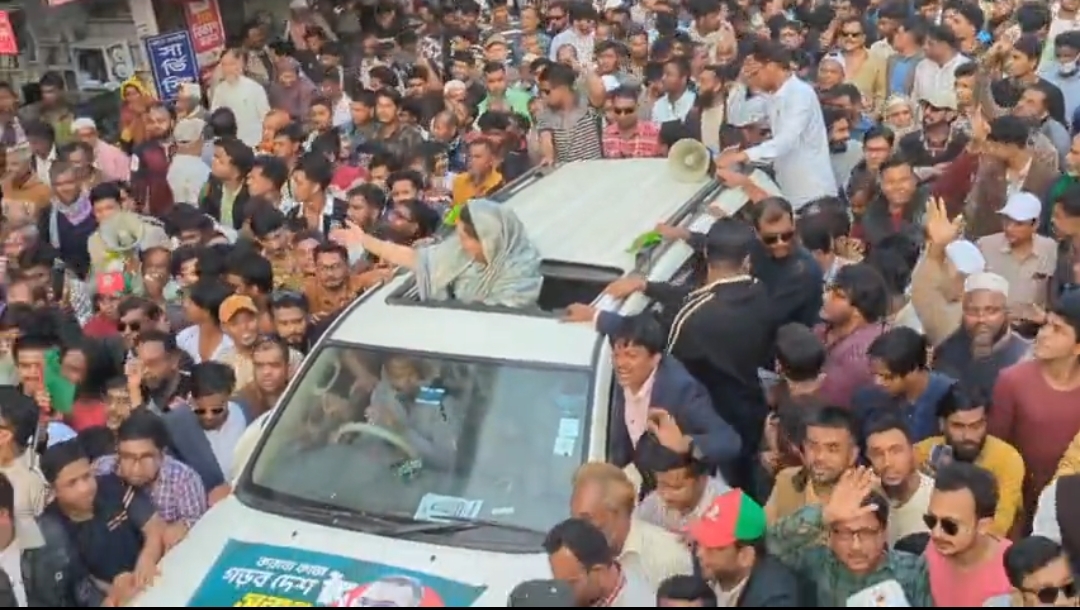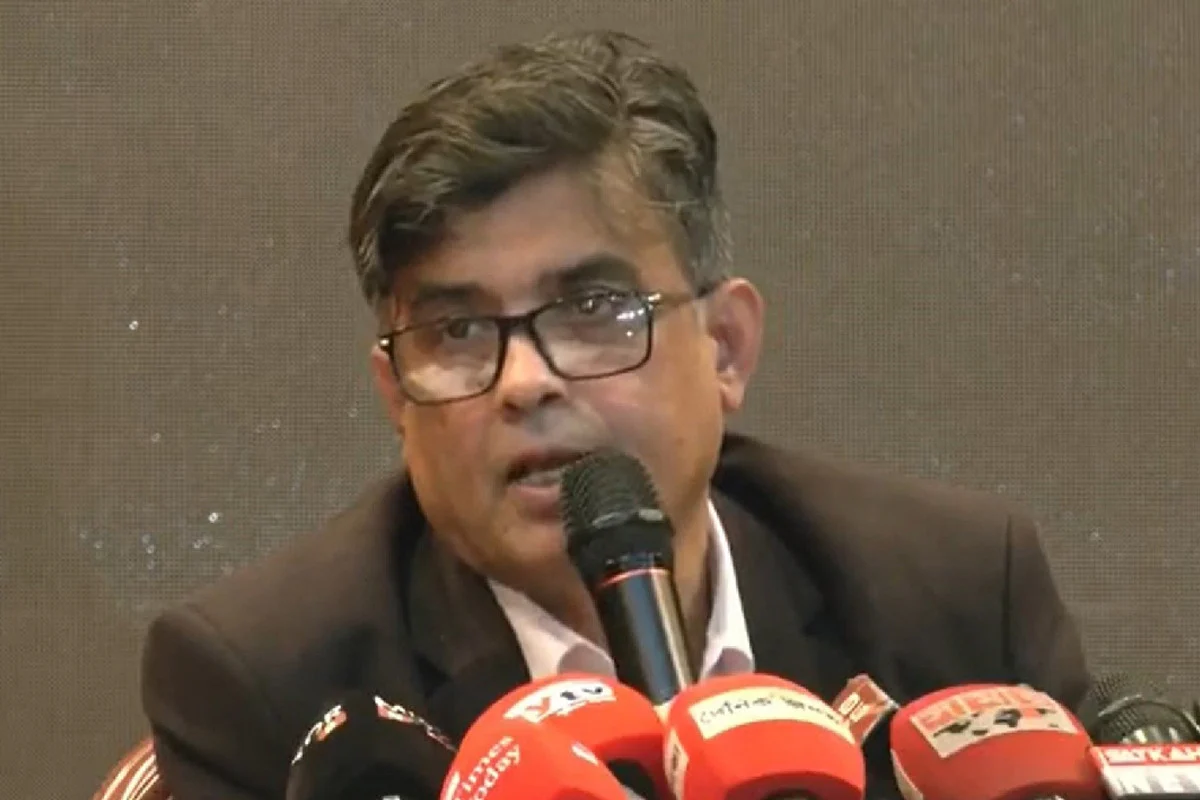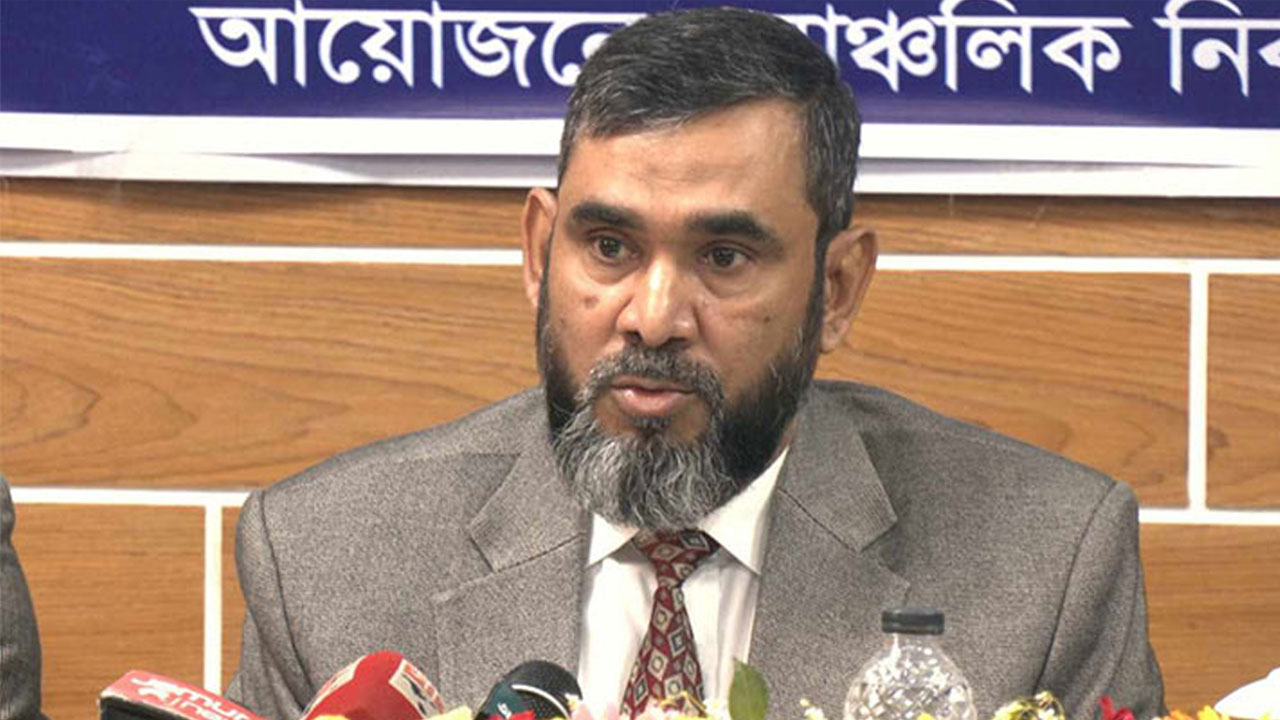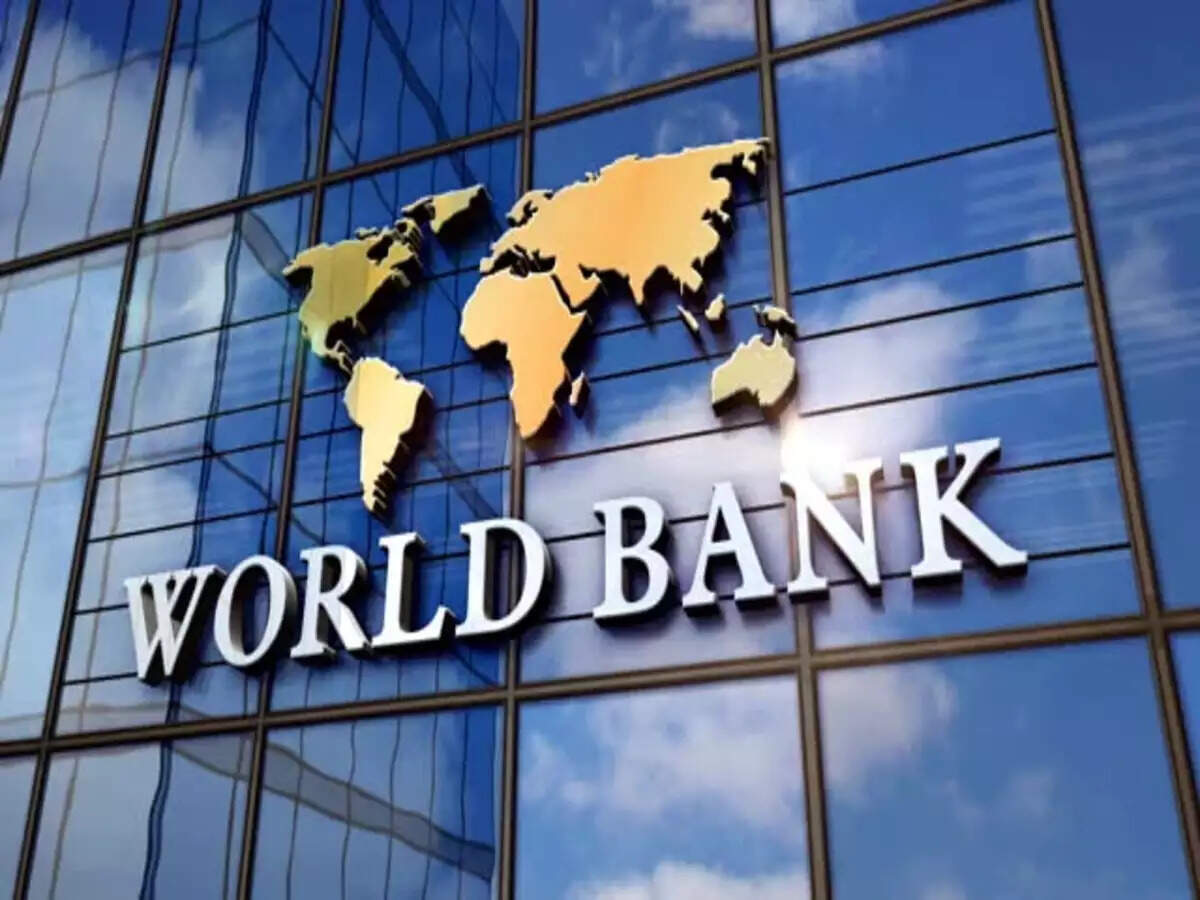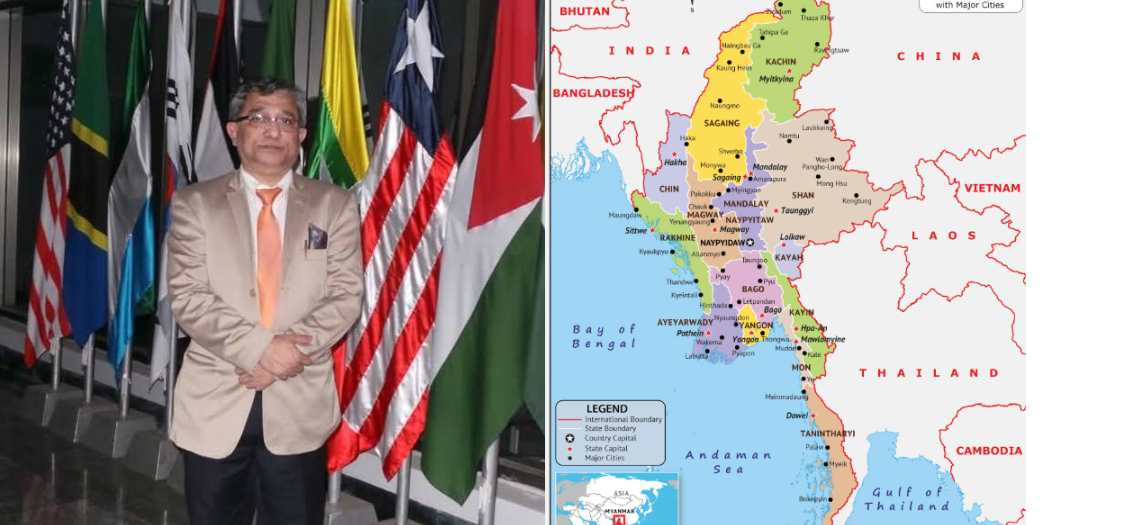Muhammad Musa Khan & Professor Syed Ahsanul Alam:
On June 6th, Finance Minister Abul Hasan Mahmud Ali presented the 2024-25 fiscal year's budget in the National Parliament, marking the country's 53rd budget. The theme of this year's budget was "A Journey Towards Smart Bangladesh in the Continuum of Sustainable Development." The main goal of the budget is the "commitment to build a happy, prosperous, developed, and smart Bangladesh." Various organizations and economists have expressed mixed reactions to the budget. Some have called it a "timely and pragmatic budget," while others have labeled it as "conventional." The opposition party has described it as a "budget to kill the poor." However, the General Secretary of the ruling party and the Minister of Road Transport and Bridges, Obaidul Quader, stated that the main objectives of the proposed budget are to "alleviate ongoing economic uncertainty and crises and control high inflation. During the global economic crisis, the proposed budget is realistic and people-oriented." He added, "We don't care what CPD, TIB, or SUJAN say; they all speak in harmony with BNP." He also mentioned that the BNP, which has been world champions in corruption five times, cannot credibly campaign against corruption. It is noteworthy that Transparency International Bangladesh (TIB) stated that the main reasons for the ongoing economic crisis, increasing income inequality, and declining foreign currency reserves are unchecked corruption and money laundering. The finance minister did not acknowledge these issues at all in his budget speech. And Minister Obaidul Kader remark is nothing but one-eyed view of the budget 2024-25.
Budget Size:
The proposed budget is set at 7.97 trillion BDT, which is 351.15 billion BDT or 4.62% higher than the current budget. The budget deficit, excluding grants, is projected at 2.56 trillion BDT, but including grants, the overall deficit will be 2.516 trillion BDT. Any student of Economics shall understand that any budget with approximately 32.12% deficit is a difficult budget to materialize. Therefore, the target is to receive 44 billion BDT in grants in the upcoming fiscal year. The revenue target is set at 5.41 trillion BDT. The South Asian Network on Economic Modeling (SANEM) believes that considering the current economy, the budget size could have been smaller. Despite the large budget, the allocation for the education sector is low, which has drawn criticism from many.
Nature of the Budget:
The budget for the fiscal year 2024-25 appears to be a budget with limited financial resource. This budget is set against a backdrop of high dollar prices, declining foreign currency reserves, increasing non-performing loans, money laundering, black money issues, import controls, rising interest expenses, and government debt. The budget also considers slow GDP growth, reduced private investment, and decreased foreign investment. It was expected that the new Finance Minister, but he failed to do so. In this year's budget, the poor or general public will pay VAT and taxes, while expenditures will go towards administration and interest payments. Development funds will come from loans. The budget's structure remains unchanged, with the National Board of Revenue (NBR) expected to generate 4.8 trillion BDT, of which 63.4% will come from VAT, import duties, supplementary duties, and other sources. This burden will fall entirely on the poor and middle class and small & medium business people. Regardless of wealth, everyone will pay vat at the same rate. The total expenditure for the fiscal year 2024-25 will be 7.97 trillion BDT, including both operational (revenue) and development budget funds. Revenue expenditure alone will be 5.255 trillion BDT, with nearly 45% allocated for administration and interest payments. Interest expenses will account for 22% of total revenue, public order and safety 5.6%, pensions 7.2%, and administration 9%. The annual development program (ADP) will be 2.65 trillion BDT. The deficit will be covered by domestic and foreign loans. Foreign loans will increase to 907 billion BDT come with an innovative budget which to some expect is a day dream under the prevailing geopolitical context. Domestic bank loans to 1.375 trillion BDT, and savings certificates to 154 billion BDT. Unlike the 2023-24 fiscal year, when no loans were taken from the savings certificates, this year, the government will rely on them again. The proposed budget is somewhat contractionary and close to progressive taxation. The government has raised the highest tax rate from 25% to 30% and has not increased the minimum income threshold, which was widely expected. Additionally, there is no significant burden on the super-rich, with the surcharge-free asset limit remaining at 40 million BDT and no changes in any tax rates. The existing surcharge structure remains unchanged. There are no changes in carbon taxes for vehicles or travel taxes. The question arises: if some luxury sectors for the wealthy remain untaxed, where will the revenue come from? This is why the middle and lower-income earners bear a heavier tax burden, and it is impossible to reduce VAT on essential consumer goods. However, reducing duties and VAT on essential commodities was crucial for helping low-income people. While there are some benefits for government employees, there has been no increase in allowances for freedom fighters, which is a good decision given that fake freedom fighters are taking advantage of the benefits. Until they are removed from the list, increasing benefits is not advisable. Members of Parliament can no longer import tax-free cars. The government can now raise electricity, fuel, and gas prices throughout the year, following the IMF's prescription to increase prices four times a year. Prices of fuel, water, and electricity have already risen, but these are administrative decisions, not budgetary matters. Professor Syed Ahsan Alam Parvez of Chittagong University's business faculty stated that the poor pay taxes through VAT on essential commodities, but their concerns are not considered in the budget, and no allocation is made for them. Therefore, a poor-friendly budget is the need of the hour.
Foreign and Domestic Debt:
To cover the deficit, the budget targets 1.272 trillion BDT in foreign loans. Foreign loan repayments will be 365 billion BDT, resulting in a net increase of 907 billion BDT in foreign loans. Our foreign debt is steadily increasing, and concerns about this are growing. On March 21, 2024, Bangladesh Bank reported that the total outstanding foreign loans at the end of December were 100.64 billion USD, approximately 23% of GDP. Economists have expressed views, with some stating that foreign debt has already reached a dangerous level and will be difficult to repay. They argue that a debt-to-GDP ratio for foreign loans is meaningless for Bangladesh; instead, the debt-to-revenue ratio should be considered. A debt-to-revenue ratio of 200-250% is acceptable, but in Bangladesh, it exceeds 400%, which is dangerous. Reducing government expenditure alone will not suffice to repay these loans. The solution is to increase revenue. If the government cannot increase revenue, debt will continue to rise, requiring additional money printing, which will further devalue the currency. Furthermore, despite the current crisis, the government continues to undertake new mega projects each year, making it difficult to escape the debt trap. We believe that the government should consider these issues seriously, compare foreign debt to revenue ratios, and temporarily stop taking foreign loans.
Inflation:
According to research, current inflation is at 9.81% (with food inflation at 12-13%). The proposed budget's target to reduce inflation to 6% in the next fiscal year is unrealistic. They noted that inflation has been near 10% for two consecutive years, but the finance minister has set a target to reduce it to 6% without providing clear strategies. The Institute of Chartered Accountants of Bangladesh (ICAB) stated that the government's target to borrow from domestic sources could cause inflation. This inflation affects the general public the most, but the budget does not propose any effective measures to reduce it.
Tax Burden on Lower and Middle Classes:
The proposed budget will increase the tax burden on the lower and middle classes. Raising taxes on essential items like mobile phones will disproportionately impact low-income people, as mobile phones are no longer a luxury item but a necessity used by people of all classes. The budget proposes increasing the supplementary duty on mobile services from 15% to 20% and raising the value-added tax on SIM cards. Additionally, not reducing VAT on essential commodities means prices will not decrease.
Seven Challenges:
The Finance Minister mentioned seven medium-term challenges: inflation, high interest rates in the market, the unsatisfactory tax-to-GDP ratio, foreign currency reserves, banking sector loan management, Bangladesh's graduation from the LDC category in 2026, and the impacts of climate change. The Minister is optimistic that these strategies will yield a GDP growth rate of 6.75% in the next fiscal year, increasing to 7.25% by the 2026-27 fiscal year. According to political economist Prof. S A Alam this optimism of FM is utopian expectation. FM mentioned that high interest rates in developed countries are affecting Bangladesh's foreign currency reserves, and if these rates persist, it will be challenging to increase reserves. To reduce pressure on reserves, the government has temporarily controlled the import of less important and luxury consumer goods. The instability of the US dollar market is a major factor affecting foreign currency reserves, and a crawling peg system has been introduced to stabilize the exchange rate. The Finance Minister is hopeful that foreign currency reserves will start increasing soon which is again a day dream said from FM. Bangladesh's graduation from the LDC category in 2026 will reduce some international trade benefits, which is not favorable for the economy.
Legalizing Black Money with 15% Tax:
This is seen as encouraging corruption by many. According to the proposed budget, regardless of existing laws, any taxpayer can legalize corrupt money or undisclosed cash or immovable property by paying a 15% tax without facing any questions from authorities. This policy is not in line with the ethical practice. We believe that the tax rate for legalizing undisclosed legal money should be 15% and for money without source of income should be 30% to discourage illegal earnings and ensure fair treatment to honest taxpayers.
Lack of Banking Sector Reforms:
As of March, this year, the total disbursed loans in the banking sector amounted to 16.40855 trillion BDT, with non-performing loans at 1.82295 trillion BDT, the highest in Bangladesh's history. This means 11.10% of disbursed loans are non-performing. In 2009, when the Awami League formed the government, the amount of non-performing loans was 224.81 billion BDT. The rapid increase in non-performing loans in state-owned banks has contributed to the overall rise in non-performing loans. The most affected bank is Janata Bank, with 304.95 billion BDT in non-performing loans, representing 31% of total disbursed loans. Agrani Bank's non-performing loans amount to 208.64 billion BDT, or 28% of disbursed loans. Former Professor of Economics at Chittagong University, Moinul Islam, stated that if written-off loans, rescheduled loans, and loans with court injunctions are considered, the actual amount of bad loans exceeds 5 trillion BDT. Some believe it could be around 4 trillion BDT. The issue of default loans has become a major problem for Bangladesh. The government is unable to take sufficient action against loan defaulters, leading to an increasing number of defaulters. If this situation continues, the banking sector could face a collapse.
Conclusion:
Looking back, we see that we managed the COVID crisis well. However, the Russia-Ukraine war increased global inflation, raising the prices of oil, food, and other goods. The global supply chain was disrupted, impacting Bangladesh. We could not recover from this situation, leading to a steady decline in reserves. To address this, the government signed a loan agreement with the International Monetary Fund (IMF) for 4.7 billion USD, aiming to keep the economy active. However, the inability to control inflation and the devaluation of the currency added to the problem, increasing the prices of imported goods. In summary, the government has not been successful in handling the international economic crisis, and its effects are ongoing. The economy is going through a difficult period, and the Finance Minister either did not realize or did not address this. As ordinary citizens, we cannot help but be concerned about this situation. The proposed budget leaves questions about how well it can address the economic crisis.
Author:
1. Muhammad Musa Khan, Columnist, and Social Worker.
2. Syed Ahsanul Alam, Professor, Chittagong University and Chairman & Political Economist, NBER

